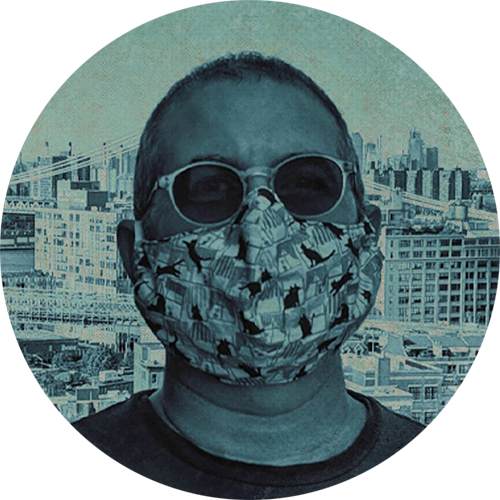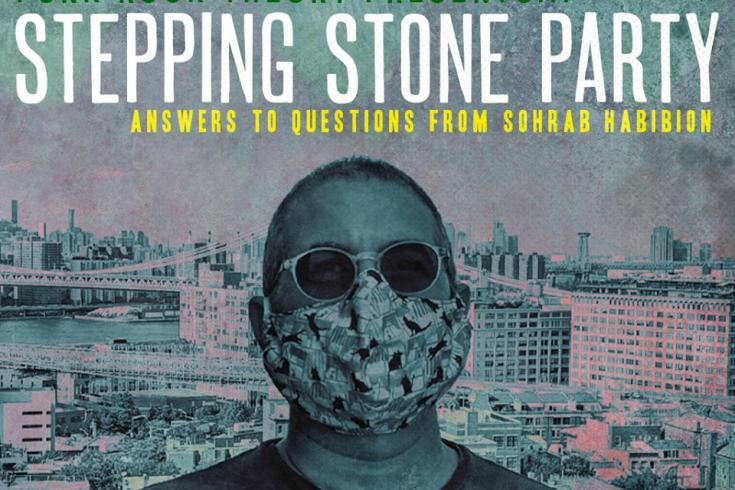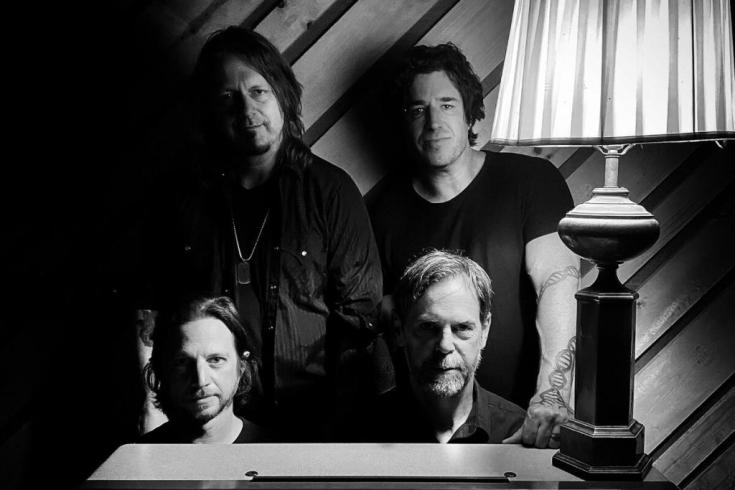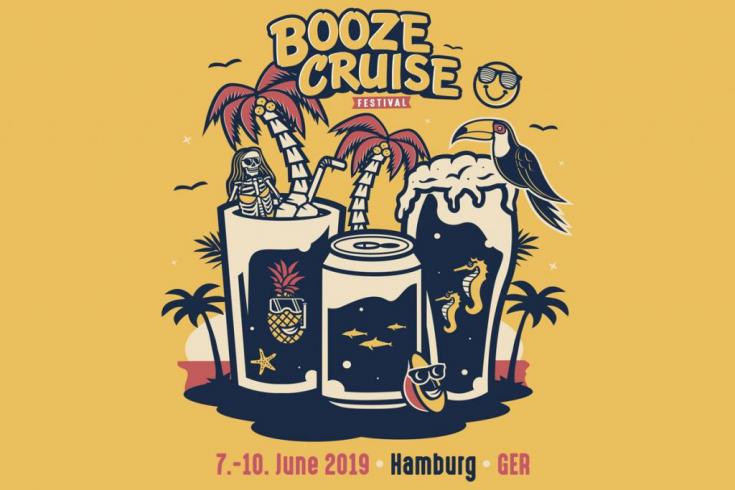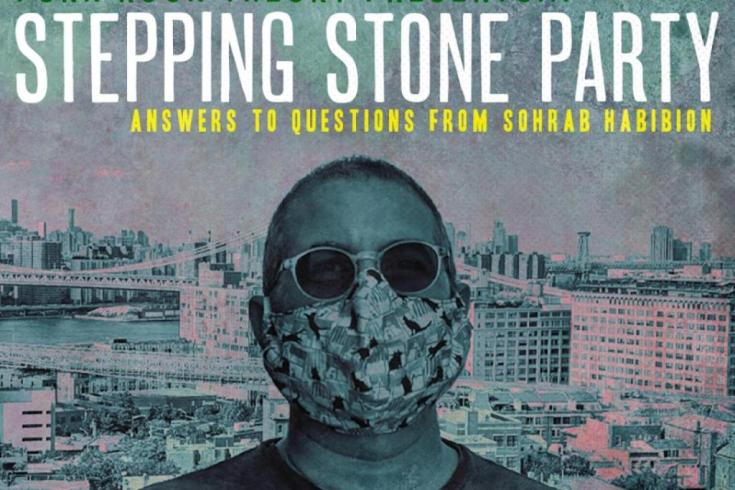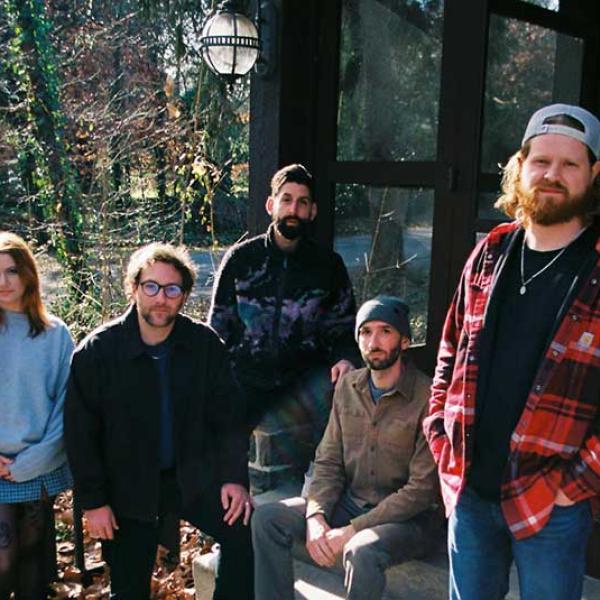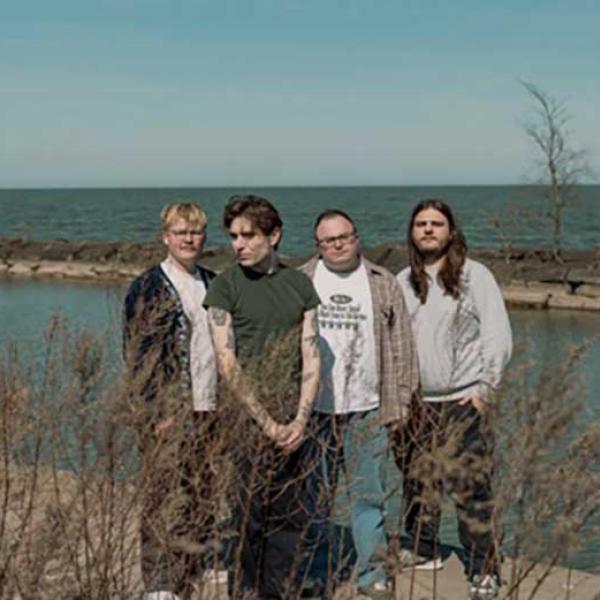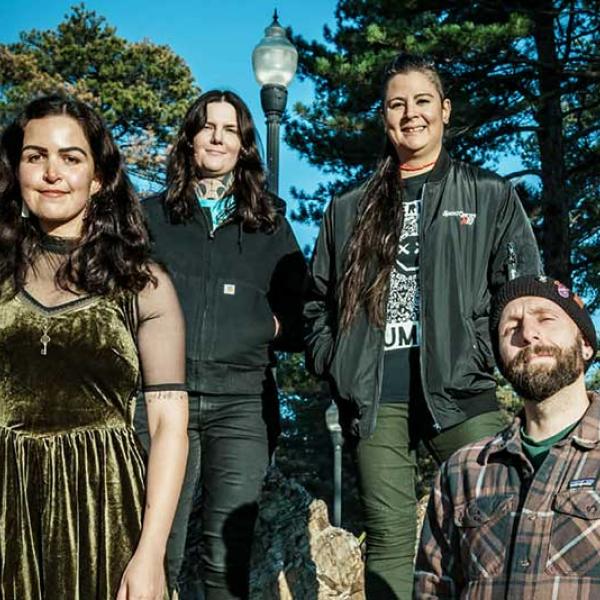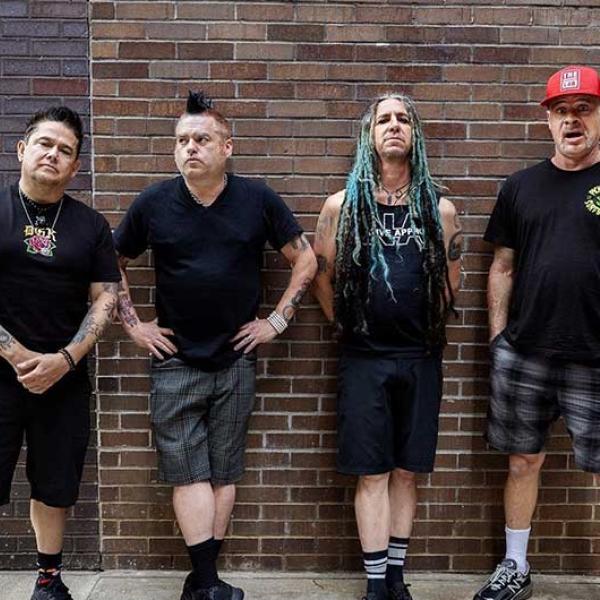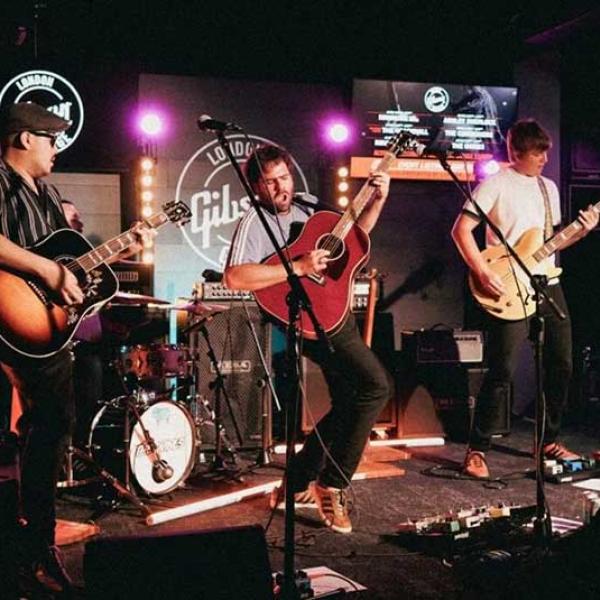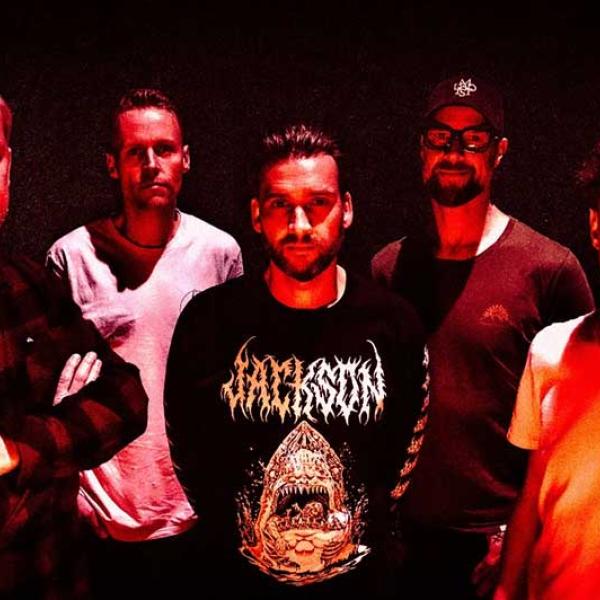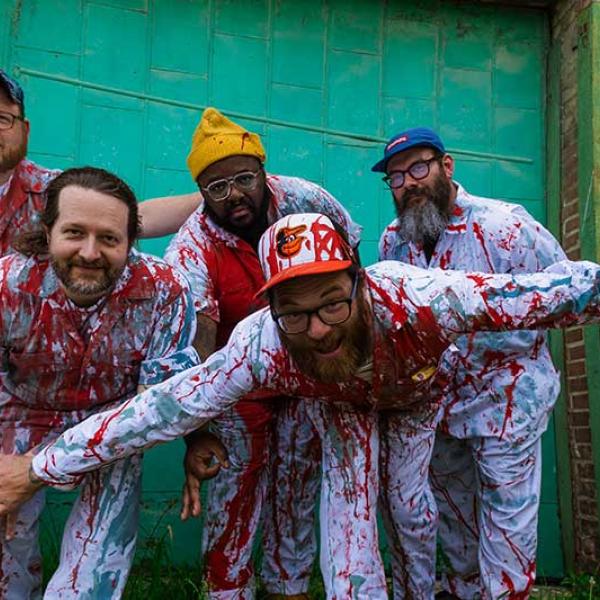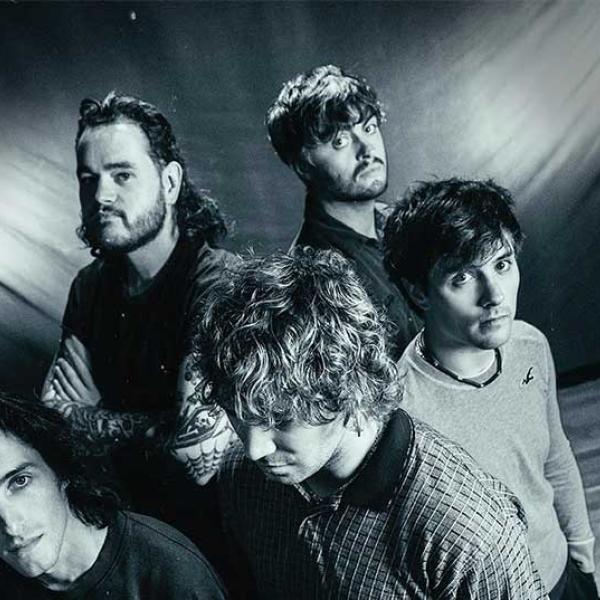Features
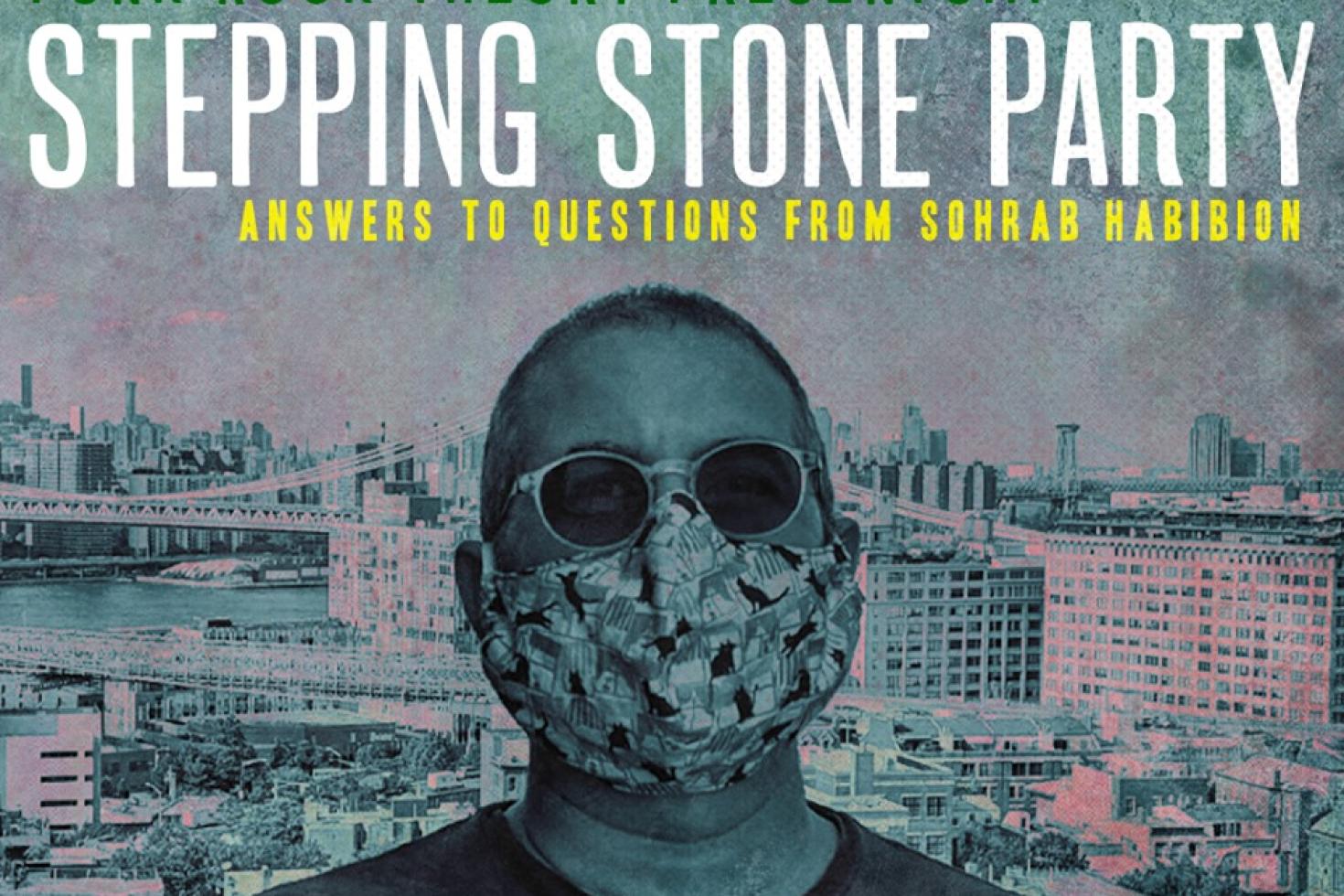
Do you know Slasher? How about Swasimodo? Or Speedo? Perhaps J Reis, J. Reis, John, John Re, John Rei, John Reis, John Reis Jr. or maybe John Reis, Sr.? What about just Reis? More likely Swami, Swami John, or Swami John Reis, I’m guessing. Anyway, all the same lovely fella. A flowing fountain of deep rock’n’roll knowledge and guitar-related nuts, bolts, washers, anchors, fasteners, etc.
I didn’t really focus on his tremendous instrumental skills until I heard Drive Like Jehu, where he managed to simultaneously coax and strangulate a variety of beautiful and ugly sounds into an undeniable sonic presence. It was the familiar discordance of Fugazi and Sonic Youth, but filtered through the ringing overtones of Die Kreuzen and the out sounds of Black Flag. In Hot Snakes he distilled this into an even more primal, propulsive and unrelenting chug that siphons equally from Wipers and The Cramps. And yet even the staunchest of ferroequinologists can recognize that it’s The Coruscating Swashimogul hizzelf. What’s more is that, as any fan of his knows, John is wonderfully prolific, so there are all kinds of sidewinding roads to travel to hear a variety of shorter and longer-lived bands and alliances.
If John and I crossed paths in the ‘90s, which is reasonably likely, I do not recall, except maybe once when I was working at The Empty Bottle in Chicago and Rocket From The Crypt came by after having played at a different venue? Regardless, it was the shows that Obits and The Night Marchers did together early-ish in both of those bands’ days that gave me the opportunity to get to know him a bit. We did a few runs together and John was incredibly generous in letting me use his much superior amplifier (my guitar has literally never sounded better than through his Vox head) and also fully committed to getting into the specifics of what made that amp so good. He’s a great player, an incredible performer, and unquestionably one of the most spontaneous and funny people I’ve witnessed speak into a microphone.
John kindly answered my queries and I promptly hyperlinked the various gems that he passed along, so please do click as you read to get fully entangled.
SH: When did you start playing guitar? Was there a band or song you heard that drew you to the instrument?
JR: I started playing in the 7th grade. Initially, I don’t recall a lightning bolt or light bulb over the head moment that drew me to guitar. My parents bought me a Kay Effector electric guitar and headphones with a built in amp from Sears for Christmas. I totally blew my ears out in the first week excessively blasting the headphones. The guitar was really cool and had built in effects on a panel of switches on the front of the body. But, sadly I never had the chance to hear the guitar out of an actual amplifier. Only those headphones. The Kay Effector was a Les Paul copy. I really wanted a guitar with this shape because that is what Ace Frehley used. I was very much into KISS in 4th, 5th and 6th grade. I saw them in concert (with my parents) and Ace’s guitar would light up, smoke and fly through the air. I really wanted a guitar that could do all that cool shit. Unfortunately the Kay Effector did not fly or smoke. By early 7th grade I was super getting into punk, but only a couple bands. It was difficult to find punk records. Punk music and playing guitar came to me at pretty much the same time so I can’t really separate the two. For a couple years I only listened to punk (or what I considered punk) and I only played my made up punk songs with a self taught guitar style and tuning.
SH: Did you ever take lessons or learn music theory?
JR: I started taking lessons on acoustic guitar in 8th grade. I did not enjoy it. I liked my teacher but I didn’t like learning songs and chords. It was difficult, no fun and felt like homework. Also, the action on the acoustic guitar was painful. I traded the Kay Effector in for something that more resembled a “real” guitar. I got a Fender Lead 2. I didn’t chose it. The salesman said it was a good option, and that it was. I was steered in the right direction. It played much easier and it ended up being great for me at this time. At this point, I would bring the acoustic to school everyday. I would wear a giant orange button that I made that said “I WILL WRITE YOU A SONG.” I wrote songs for kids at school for 1$. These songs were usually absurd (Head Like a Cabbage). I was also getting into Samuel Beckett and Richard Brautigan (which is where I later nicked the name Pitchfork as in Loading Mercury With A Pitchfork). I went to a performing arts school so we were allowed and kind of even encouraged to find our weird. Around this time I wanted to start playing in a band but there were no other punks at school who played an instrument. I recorded lots of songs on a cassette recorder. It wasn’t until 9th grade that I started to focus on playing more conventionally and “correctly.” Barre chords. I was finally finding lots of cool new music (or at least new to me) and I was inspired to emulate the sounds that I was drawn to.
SH: Who were some of your early influences in terms of sound and style?
JR: I really liked Alice Cooper, AC/DC and KISS. Then I got a guitar and punk came along (to me) and I really immersed myself in the couple records I had. Johnny Ramone, East Bay Ray, Greg Ginn and both Bryan Gregory and Poison Ivy were my main influences at that time.
SH: Did hearing punk rock change your approach to playing?
JR: Yeah definitely. Punk records literally taught me how to play. I tried to play like my favorite guitarists. But I also had this false notion that most of what I was hearing on punk records was complete improvisation. For some reason I assumed a band like Black Flag just made up their songs while recording them. I have no idea why I thought that.
SH: Martin Sprouse’s Leading Edge fanzine made it to the east coast, so I would read about things happening where you were. Were there other local zines that turned you on to what was going on in the hardcore world?
JR: I used to always read MRR and Flipside. There were a couple of cool short lived zines from San Diego. But as far as the “hardcore world” MRR was a good resource. Where else could you get the Poland Scene Report?
SH: In a pre-internet environment, what was your source of information for things going on in the underground beyond your group of friends?
JR: Pen pals! Writing to other kids and bands around the country. Trading tapes and flyers and ephemera.
SH: At the time it came out, thanks to a review in MRR, I got really into The Front’s Gangland cassette. It wasn’t until years later that I realized National City was part of the San Diego metropolitan area. I also didn’t know until more recently that the guitar player was the brother of Kendra Smith from Dream Syndicate/Opal and the bass player was related to folks in The Zeros. Was The Front popular locally at the time?
JR: Yeah, the Front was great band that played a lot in the ‘80s. They were also very active in promoting and supporting the local scene. Kevin, the bass player, had a record label called Scheming Intelligentsia that put out San Diego bands.
SH: What about Tijuana? How much of a crossover was there in terms of bands and shows?
JR: Not as much as one would hope. There is a much more vitalized exchange now. I do not have good memories of the shows that happened down there. Violent and ruthless. At the time there wasn’t a stable venue in SD. So the TJ shows were mostly people from the US attending. There were Americans that attended and even worked the TJ shows that acted terribly with impunity. It was the Thunder Dome! Seriously! There were a couple cool bands from TJ but I don’t recall Mexican bands ever being on these bills. There were a couple great shows that I went to or played down there separate from this environment. But that was rare.
SH: The San Diego hardcore scene was fascinating to me. I liked Battalion of Saints and photos of their shows I would see in zines looked wild. The DC bands that toured through always had stories of an antagonistic atmosphere, if not outright brawls.
JR: San Diego was once an incredibly violent and terrifying place to see a show. As kids it seemed normal. It was all we knew. I think we figured it was like this in every city. But once we started going up to shows in LA and Long Beach (which at the time had a reputation of being violent as well) we came to the realization that the punk scene in San Diego was completely broken and fucked up. To say it was antagonist is an understatement. At times the crowd was aggressively confrontational and took delight in violence. I saw The Vandals get their ass kicked on stage while they were playing. Pete from Scream got sucker-punched while singing and a big fight ensued. Lots of this kind of thing. Many bands did not come to San Diego. They just skipped it and rightfully so. Things started to change in the late ‘80s. New kids outnumbered the sadists. The Che Cafe became a hangout for a new scene of kids that somewhat disavowed the “San Diego hall show” experience. It supported diversity and felt like a place that was somewhat ours. Music became the focus.
SH: It’s my understanding that when things tipped over it spurred bands like Pitchfork. What was it like to try to start something new then? Were people excited and receptive?
JR: Pitchfork was usually received really great at home (unless it was a bigger show supporting a national headlining act where sometimes we were not appreciated). But once we left San Diego county all bets were off. We weren’t really part of a scene at that point. We played on a lot of bills with straight edge hardcore bands from Orange County and Los Angeles. Although we were regularly called faggots and cleared many a room we did somehow manage to make a connection with some bands and made some friends for life. There wasn’t really rhyme or reason to who would would like our band, which made every show an adventure. We opened for GBH in LA and had a great show. GBH was very supportive and the crowd didn’t throw rocks. We would play on a 10 band bill with our “peers” at Spanky’s in Riverside and get fully rejected. Loud boooos.
SH: Rick has said that some of the shows were rough in terms of crowds turning against you, but he also said that Fugazi was very supportive at a moment that was pretty unpleasant.
JR: Fugazi definitely showed us much kindness. I think by that time our sound showed a noticeable debt to them and they made us feel like we were a “real” band. Ian asking if I had ever heard of Honor Role and telling me that my guitar playing reminded him a little of Pen’s is probably still the greatest compliment I have ever received.
SH: When I first heard Pitchfork I thought the music had similarities to Gray Matter and Squirrel Bait. Sort of a galloping overdriven guitar with rough-hewn vocal melodies. I was impressed that you’d recorded at Radio Tokyo, which I associated with 100 Flowers, Savage Republic, Minutemen, and Angst albums I really liked. What were your early studio experiences like? Was it more of a capture-the-band-the-way-it-sounds-live or did you have ideas about how you wanted it to sound?
JR: It was Rick’s idea (I think or maybe the bass player Don’s) to record at Radio Tokyo and I believe it was because of the Minutemen connection. Yes, at that time we were heavy into Squirrel Bait, Mission Of Burma, Pere Ubu, everything Dischord, first couple of Soul Asylum records, Wipers and of course Honor Role, among many others.
The first session was to record 3 songs for a 7”. It was very hands off. Captured the band live in a converted house in Venice Beach with carpeted walls. At first we considered finding a “producer.” I think from reading album credits and seeing the role of producer on every single record we owned we figured it was a necessary figure that needed to be present. I remember O (who to me was already a famous skate and gig photographer and someone with valuable experience) came to a practice and explained to us what a producer does and that we do not need one. We were very green. The engineer did not know our band or sound. He was very pleasant. We set up in different rooms and played. I overdubbed a guitar and some dulcimer. I had ideas about the sound but my inexperience and the fact that we only had a couple hours made the whole approach extremely spontaneous.
When we later went back in to do the Eucalyptus LP the engineer took much more of an interest, therefore adding more of his technique and perspective. This resulted in a somewhat worse recording which had to be addressed by remixing and trying to fix and undo some of the damage.
SH: It was only 2 years between “Burn Pigs Burn” and “Bullet Train To Vegas,” but they sound remarkably different. Drive Like Jehu seems as precise as Pitchfork, but there’s also a looser, slightly unhinged and chimey/ringing quality to the guitar playing—can you recall if there was something in particular that bridged the shift in sound?
JR: Well, Rick started playing guitar. That had a big effect on the overall sound. It’s also a totally different band. It was more precise in that Mike and Mark could be really lock it in. They are an impressive rhythm section. As far as the guitar sound, I think I was using a different amp. I had purchased a couple 100 watt JCM’s. In Pitchfork I used a 50 watt JCM. Perhaps the extra headroom gave a cleaner sound? I dunno. I still haven’t figured my guitar sound out. It’s always changing on purpose and by accident.
I think the recording studio and engineer Donnell Cameron gets credit for the cleaner sound as well. Donnell really took what we were doing to heart and went above and beyond trying to capture what we were doing.
SH: Was Drive Like Jehu the first Speedo/Frobro dual guitar action? It seems like you have very sympathetic styles despite playing in very different ways.
JR: Yeah, thats when he picked up a guitar. In retrospect he got great very fast!
SH: Do you find yourself being drawn to different projects because of how you feel at a particular time? Or has it been a case of what presents itself and who is available? I ask this partly because it felt like the presentation of the band at the first batch of Hot Snakes reunion shows was more aggressive and confrontational than it was in the original incarnation.
JR: There are a bunch of factors involved with being in different bands and playing with different people. Availability and access definitely comes into play these days. Another being the music I am writing at the time, which kind of doesn’t feel like something I can choose. I usually write music in blocks. A group of songs that consist of a series of ideas that are based on a similar musical concept, sound, feeling or motif. I don’t recall ever having a dilemma over which band I should bring a piece of music to. It always seems to work out.
There probably is a more aggressive attack in what the Hot Snakes were doing when we reformed. I really dunno why. I think we tried to improve as a band and that might have resulted in more intensity which translated into being more obvious with less subtlety. Also, there are clearly things we don’t give a shit about that we used to. Our perspective is different and our priorities have changed a bit. So with that, now this is how we play and sound like.
SH: And what about the gear? Do your guitars/amps get switched around in line with changes in your own life? For example, did the sparkly Les Paul become your main guitar after it was stolen and you got it back because it felt like a lucky charm?
JR: I do switch up gear a bit depending on the band. I also switch up gear depending on what is available on tour. Most shows I do on the East Coast and Europe I use borrowed or rental amps. It’s sometimes a crap shoot.
Hot Snakes represented a deliberate departure from the Marshall sound of Jehu and RFTC. Less gain. More detail. Less sustain. I started using 60’s Vox’s and changing things up guitar wise quite a bit. That carried into Night Marchers. I really love guitars and amps. I’m super interested in the sounds they can make. But I have found that no matter what I use it still sounds more or less like me. I also love pedals and have many but yet rarely use any. Go figure.
SH: Please tell me about Stacatto Reads. You’re credited with “synths,” which I should also note make a very present comeback on the awesome b-side of your new Ride the Wild Night / I Hate My Neighbors in the Yellow House 7”.
JR: I had acquired several organs and synths on tour in the ‘90s and enjoyed making music on them. Since I don’t know how to really play those instruments I approached them more as “noise makers.” Staccato Reads were Dustin Milsap (RFTC, Beehive and the Barracudas), Jason Crane (RFTC, Beehive and the Barracudas) and Jason Soares (Physics). I think I only played with them once. I don’t think I recorded with them unless it was at Jason’s house. They were a great band of still great friends.
I did a record called Back Off Cupids before Hot Snakes which had synth and organ. Stuff I was working on during RFTC and Jehu that didn’t feel like either band. It was an opportunity to introduce those instruments to my songs.
Organ and synths were definitely a part of the early Hot Snakes sound. The first record especially. But, once we started playing I think we found that recreating those sounds live wasn’t that important compared to being able to be a good band. We moved away from it pretty much immediately.
The newer solo stuff I recorded reintroduces some of that and newer approaches for me.
When you first start a band or a record a new idea there are no rules. It’s just 100% creativity. Making something from nothing. Once a bands’ chemistry is realized, roles are eventually adopted and it becomes difficult to break out of those positions. Some creative freedom and artistic license is somewhat lost, but a deeper identity is gained. It’s fun to have the opportunity to start from scratch once in a while.
SH: Your upcoming solo record is on Swami, which I believe is the first release on the label in a few years. It’s good to see it back in action. Who else is involved in the new album?
JR: Being under house arrest has lead to my search for creative endeavors I can pursue under these circumstances. It seems like a great time to put out records again although with a more homespun approach and modest (no) expectation. I had already been thinking about restarting Swami Records and the timing made the decision obvious. The Swami John Reis (great band name!) record is actually pretty old. I finally had the time to put a full band together to tour and play those songs. A September tour was booked. But then.... So, I decided to release a 7” and then put the full record out next year.
The record started out as a possible Night Marchers demos. Jason came out and we recorded basics at my studio City Of Refuge. I sat on it for a while and then became busy with RFTC, DLJ and Hot Snakes reunions. I was able to nibble on it here and there playing most the instruments except for Joe Guevara on piano and Jason Kourkounis on drums. Various friends sing back-ups and I added another tune recorded much more recently with Chris Prescott on drums.
The initial inspiration was a ‘60s folk punk sound with piano and acoustic guitar backed with Sonics-like drums. Not sure if that was what was achieved, though. I’m looking forward to sharing that with others.
SH: How have some of your collaborations come together? There’s the METZ 7” and the Modern Surf Classics album with The Blind Shake. Did you approach those bands or did they ask you?
JR: The METZ collaboration was immediate and super gratifying. Thrown in a room and jamming with strangers that hear things and react similarly made playing together immediately familiar. Those guys are a great band and we all just dropped in and banged it out. I hope we can do it again someday.
The Blind Shake idea was steeped in concept and was the product of a larger discussion and design. It’s a much larger body of work. Their approach to their instruments is more unconventional than mine and I knew that would make our music exciting to my ears. It couldn’t be helped but to inherently steer away from a retro heavy execution. We all consider surf music to be somewhat sacred, so our goal was to honor the template while attempting to create something that hopefully wouldn’t be considered redundant. We also eventually toured and even became a real better band. I feel we all learned a lot from each other. I would love to revisit that someday, as well.
SH: Was the Fishwife’s Ritalin album your first production credit outside of bands you were in? You’ve worked as a producer with Superchunk, Mrs. Magician, and Dan Sartain, among others. How do you see your role in those situations? Do you get involved in writing and arranging? Is it about the overall aesthetic of the recording? Session vibe guy?
JR: I think the Fishwife record was my first production credit. I’m not sure what I imparted other than enjoying some very fun times. For the Superchunk record my role was more of support and encouragement while they recorded in an unfamiliar place that I was very accustomed to. There was not much time spent on the record so whatever effect I could have had would have been relatively minor. Unless of course it went on to sell millions in which case I would have been solely responsible.
For the past decade or so I only take on projects that I can impart creative input. Not so much in getting an amazing kick drum sound. So I do like to have input on the material, arrangements and performance to magnify what I feel are a bands strengths. I feel that if I’m not doing that then a band is better off using someone else to get an amazing kick drum sound.
SH: You had the great Swami Sound System radio show for a while. Your program reminded me of Rollins’ weekly broadcast on KCRW in that it was a combination of killer tunes that were familiar and a delight to hear and also things that were new to me and exciting to discover. Is being a radio DJ something you’d do again?
JR: I definitely would. It was a lot of fun and came at a time when I was not really active in any band. It was quite a different form of expression by playing other people’s music. I especially appreciated the entertainment aspect of it. Also, I found a further justification for the pursuit for great noise and that is quite addictive.
SH: If I were to guess a handful of guitarists that you might like, names like Omar Khorshid, Duane Eddy, Link Wray and Dick Dale come to mind. As well as Cliff Gallup from Gene Vincent’s band and Hank Marvin from the Shadows. Maybe Scotty Moore and Chet Atkins? Definitely Greg Sage and Ed Kuepper. Are any of those correct? Who are some others? Anyone crucial cornerstones that you think get overlooked? What about more specifically in the punk/hardcore realm?
JR: Those are all 100% correct. Everyone you mention has informed me in some way. I just love the guitar so fucking much and marvel at what some people can do with it. Link Wray, Malcom and Angus Young, Tony McPhee, Ike Turner, Eddie Phillips, John Du Cann (criminally underrated), Willie Joe (huge influence), I could go on and on and on.
But the punk guitarists definitely give me the most literal inspiration in regards to technique and sound. They somewhat come to the front of what I’m usually trying to do. I especially love the music made by Johnny Ramone, Greg Sage, Pen Rollings, Michael Yonkers, Glenn Branca, Thurston Moore and Lee Renaldo, Brian Egeness and so many others.
SH: For those like me who are intrigued by the brilliance of the band name Conservative Itch, is there any remaining evidence? Recordings? Flyers? And is there anything more to know? Can this itch be scratched?
JR: We only played a handful of times and usually unannounced. We had boom box recordings that are long lost and that is it. This was during the “hard to find people to play with” phase. It was common for us to show up to a party play with a drummer from another band that had never practiced with us. It was that kind of thing.
SH: Which Honor Role riff is most likely to get stuck in your head?
JR: Jank is probably the one that I hear in my head most. But, Lives Of The Saints #135 (Naked Wife), Listening To Sally, Twist... this is my guitar bible and continue to give inspiration.
SH: Lastly, what CPC Gangbangs song do you crank up to get pumped for a Friday night Zoom party?
JR: We could do a whole interview solely on CPC. During their tumultuous existence they were one of the most exciting live bands in the world. Some might say “should have been bigger” but like a stick of dynamite, a band this volatile can only explode. Hmmmm. Pick one? I guess “I Want It All” but ask me tomorrow and my answer might differ.

